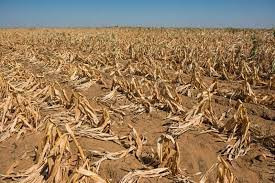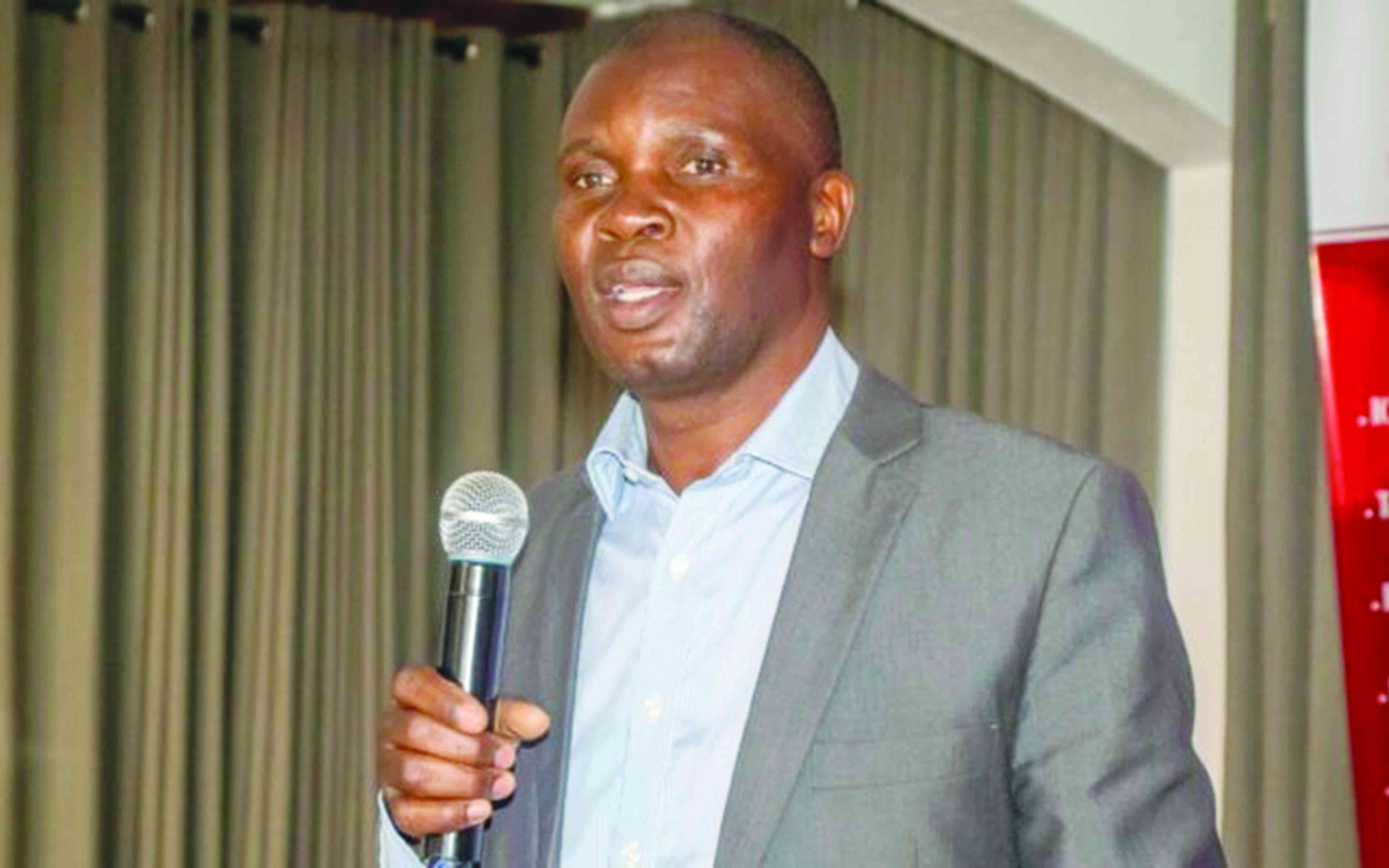
DROUGHT, unemployment and poverty are the most pronounced challenges in Binga district, Matabeleland North, where communities mainly survive on farming and fishing. For the villagers and their traditional leaders, the year 2024 promises to be the worst as drought ravages the area in the wake of crop failure and cattle deaths. The drought comes as a real curse for the people of Binga who grapple with perennial unemployment and gnawing poverty.
The situation is worse for women and girls who are vulnerable to exploitation as they battle to survive, with young girls finding themselves married or struggling with unplanned pregnancies.
For Lubimbi villager, Pangani Lubimbi, the drought has exacerbated young women and children’s plight.Appealing for urgent intervention from government she said: "The child-headed families are seriously affected and at most times the abuse comes in because some will be trying to put food on the table for their siblings. Some even get sexually abused just for a packet of chips because of starvation.”
Lubimbi believes long-term plans like boreholes to support gardening projects can go a long way in alleviating the dire situation facing women, girls and children in child-headed families.
"If they only supply them (vulnerable communities) with food it will soon get finished and nothing would have been achieved," she added.Binga traditional leader Chief Sikalenge, born Canius Muleya, told NewsDay that hunger is causing a large number of young girls from poor families to drop out of school as they opt to find menial jobs to survive.
“Such issues exist and you find that they drop out of school due to hunger and lack of financial support. They then turn to work. At work that's when they are prone to sexual abuse and child marriages. Our children no longer see the importance of school because of the drought in this area,” said Chief Sikalenge.
Binga South Member of Parliament Fanuel Cumanzala said drought brings with it a lot of challenges for young women and children as they search for food.“Consequently, the young women are flocking into urban areas in search of menial jobs, which often expose them not only to massive exploitation, but also sexual abuse. As schools open, children may be unable to attend, assisting parents in the search for food or simply due to starvation, potentially leading to a high school drop-out rate,” Cumanzala said.
The lawmaker said famine leads to a rise in child marriages hence the need for government and well-wishers to intervene before it’s too late.“Additionally, many youths engage in illegal gold digging in Gwanda and other districts, resulting in loss of lives due to mine collapse. The multifaceted challenges underscore the urgent need for comprehensive interventions in Binga district,” Cumanzala said.
- Power cuts haunt Binga villagers
- Power cuts haunt Binga villagers
- Binga villagers struggle to get Covi-19 vaccines
- Binga villagers struggle to get Covi-19 vaccines
Keep Reading
“An apolitical general food distribution initiative is necessary, targeting the most vulnerable members of the community. This distribution should commence in February 2024, with flexibility to scale up in March based on farming season outcomes, ensuring equitable access for those in dire need. Simultaneously, the implementation of an apolitical school feeding programme is imperative to prevent high rates of school dropouts, providing at least one nutritious meal per day for students and encouraging regular attendance."
He called for an intensified focus on the apolitical Food for Asset Programme given the ever present challenges of food being distributed along partisan lines in rural areas where ruling Zanu PF community leaders have been accused of excluding opposition political party supporters in food programmes.
"This entails directing efforts towards small-scale irrigation schemes to enhance agricultural productivity. Empowering participants in the programme is crucial, ensuring they become less reliant on general food distribution by engaging in sustainable activities,” he said.
The MP added: “There are several other considerations to address the multifaceted challenges comprehensively. Important initiatives include livestock rehabilitation programmes to help farmers recover losses, community empowerment programmes promoting economic independence, communication and awareness campaigns on sustainable agricultural practices and climate-smart farming aiming to educate the community on the long-term benefits of conservation.”
The latest Zimbabwe Vulnerability Assessment Committee (ZimVAC) Rural Livelihoods Assessment report projected that 26% of the country’s rural population, translating to 2 715 717 people will be food insecure during this year’s peak lean season, a time when families run out of food stocks from their previous harvests.
"During the peak hunger period (January to March 2024), 26% of the rural population is projected to be food insecure. This translates to 2 715 717 people. At least 100 482 metric tonnes of cereal will be required to feed the food insecure population during the peak hunger period," the ZimVAc report said.







